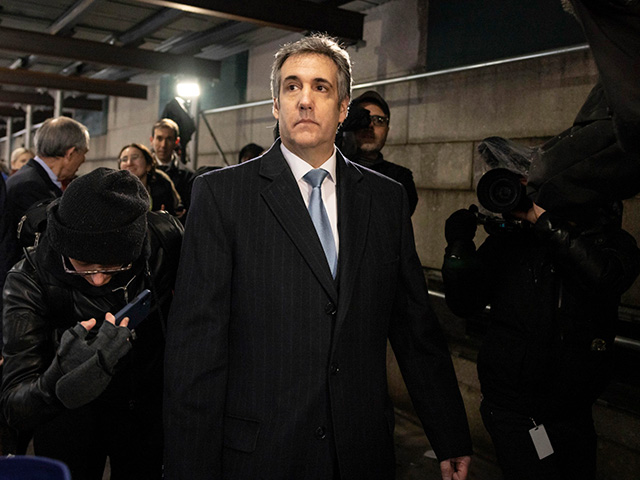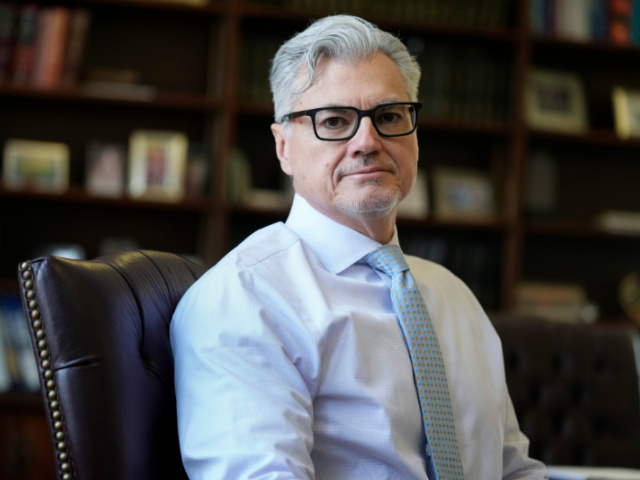The trial of former President Donald Trump is set to move into its final stage on Monday, with Michael Cohen, the prosecution’s embattled “star witness,” ready to take the stand one last time.
Last week, Trump’s defense team challenged Cohen’s credibility, questioning whether Cohen actually spoke to Trump on the night of October 26, 2017, as he had stated.
Cohen had asserted that during that call, Trump approved a hush-money arrangement with Stormy Daniels. However, Trump’s lawyer, Todd Blanche, presented evidence that Cohen had instead talked to Trump’s bodyguard that night about a 14-year-old prank caller.

Michael Cohen, former attorney to Donald Trump, leaves the District Attorney’s office in New York, March 13, 2023. Cohen is prosecutors’ most central witness in former President Donald Trump’s hush money trial. But Trump’s fixer-turned-foe is also as challenging a star witness as they come. The now-disbarred lawyer has a tortured history with Trump (AP Photo/Yuki Iwamura, File).
Once the defense team concludes its cross-examination of Cohen on Monday, both the prosecution and the defense will have the opportunity to question Cohen again. However, the prosecution is expected to rest afterward, according to the New York Times. Although the defense could call additional witnesses or put Trump on the stand, that scenario is unlikely, and the defense could conclude their case as early as this week. Closing arguments might be delivered as soon as Tuesday.
A key moment in the trial could come when Judge Juan Merchan provides instructions to the jury on how to assess the charges — potentially aiding the prosecution’s case.
Both sides will submit proposed instructions, but Merchan will finalize the exact wording. He could take suggestions, use a standardized format, or draft his own instructions. These instructions will be “a critical part of the jury’s effort to understand the logic of the prosecution’s case,” according to the Washington Post.

Judge Juan Merchan poses for a picture in his chambers in New York, Thursday, March 14, 2024 (AP Photo/Seth Wenig).
Renato Mariotti, a defense attorney and former federal prosecutor in Chicago, told the Post, “Jury instructions do have an outsized impact on a trial.”
“Trials are won and lost in the word of specific jury instructions,” he said.
Marc F. Scholl, a former prosecutor in the Manhattan district attorney’s office, told the Times, “The judge’s instructions provide a road map to the jurors.”




